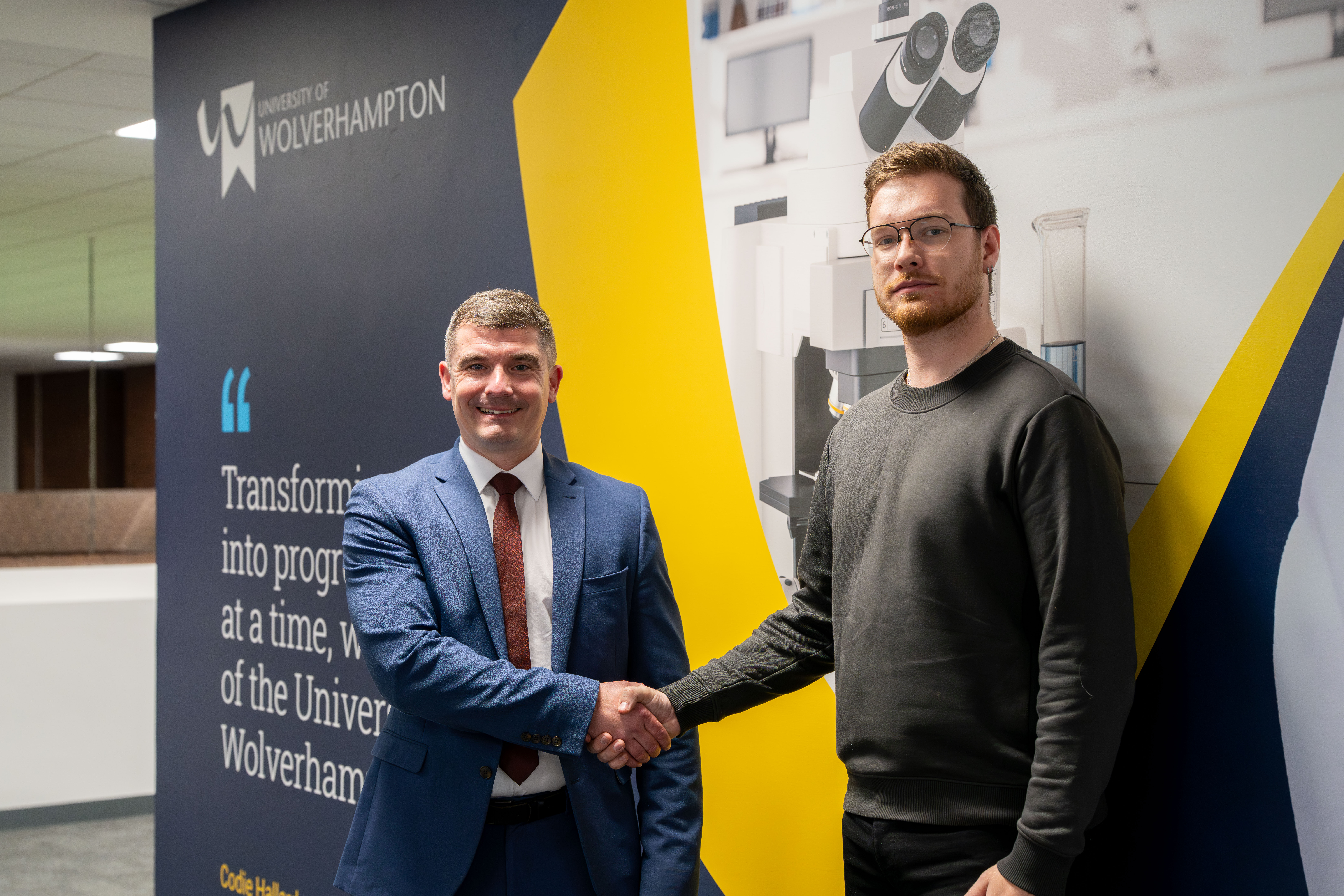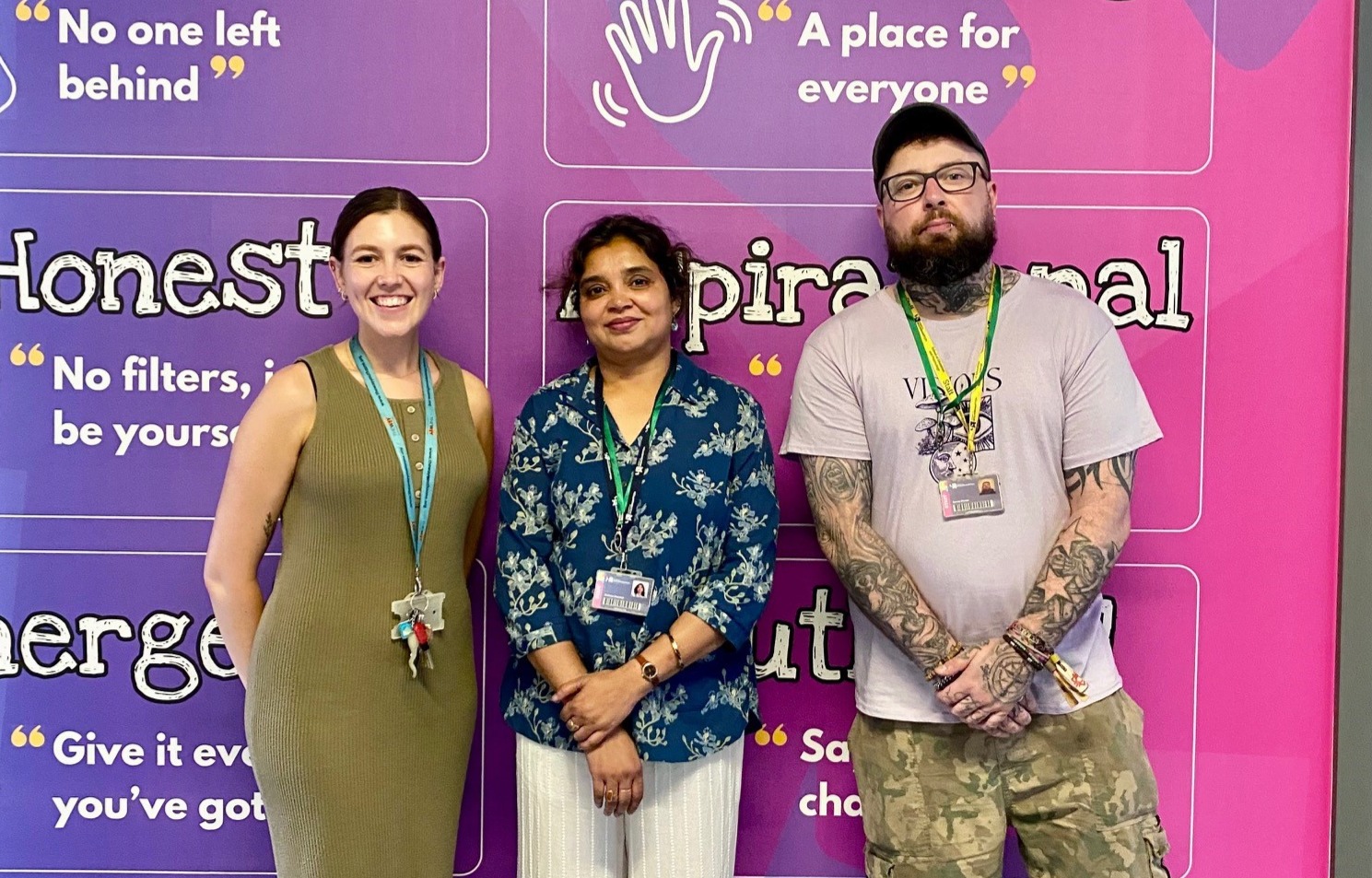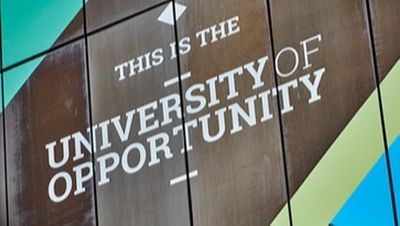
Digital humanities research group offers new ways of understanding literature

The University of Wolverhampton’s Centre for Transnational and Transcultural Research (CTTR) has launched an exciting new research strand focusing on digital humanities.
The Digital Humanities Research Group, which is made up of academics and students, will explore how computing and digital technologies offer new ways of understanding literature.
Professor Bas Groes, Director of CTTR, said: “The group is investigating how new tools and methodologies yield a broad range of opportunities for reimagining literary studies. By deploying innovative ways of thinking about our world to tackle some of the key challenges facing society today, including threats to health and wellbeing, the rise of Artificial Intelligence and biases including the unrecognised problem of digital inequality, the researchers believe that the value of the critical-creative dialogue between pioneers of digital technology and the (literary) arts, humanities and social sciences could help society navigate potential human futures.”
For many years the English unit of assessment worked on various projects that drew inspiration from innovative digital technologies and resources. For instance, Dr Benjamin Colbert’s British Academy funded database Women’s Travel Writing, 1780-1840 proved to be a unique resource for use by the general public as well as researchers. Professor Sebastian Groes’ Arts and Humanities Research Council (AHRC) funded Novel Perceptions project uses computational linguistics and computational sociology to understand bias in today’s reading culture. Another example of digitally engaged projects is Dr Mark Jones’ and Dr Jerry Carlin’s Beatles’ Helter Skelter Database.
Professor Groes said: “The past, current and future project will now be united in the Digital Humanities Research Group, which aims to boost the visibility and reputation of Digital Humanities at Wolverhampton as a unit that inspires innovative, future-oriented research.
“We are very happy to formally add this new research theme to an already very diverse research profile. The Digital Humanities is a relatively new and exciting field where English and related disciplines are reinventing themselves with a view to futureproofing the discipline. We will now be building a reputation as a research unit that is central to the reinvigoration of the Humanities in the UK.”
The Group has a number of PhD students who investigate the possibilities and challenges that the digital revolution is presenting to society. For instance, Samanatha Phiri is researching Black Disability in the Digital Age whilst a new PhD student, Claire Cassidy, is showing how the work of the writer William Burroughs anticipates the many changes to society that the digital tools and technologies have introduced.
The unit offers a unique specialism of Computational Literary Studies (CLS) in the UK. In June, Groes and various project partners including the Horizon CLS INFR project will host the first CLS Training School in the UK.
Anyone interested in studying for courses in the Faculty of Arts, Business and Social Sciences at the University of Wolverhampton should register for one of our forthcoming Open Days.
ENDS
For more information please contact the Corporate Communications Team.


/prod01/wlvacuk/media/departments/digital-content-and-communications/submitted-news-images/Smelting-knife.png)
/prod01/wlvacuk/media/departments/digital-content-and-communications/images-2024/250630-SciFest-1-group-photo-resized-800x450.png)
/prod01/wlvacuk/media/departments/digital-content-and-communications/submitted-news-images/Way-youth-zone-August.JPG)
/prod01/wlvacuk/media/departments/digital-content-and-communications/images-2024/Arthi-Arunasalam-teaser.jpg)
/prod01/wlvacuk/media/departments/digital-content-and-communications/submitted-news-images/Phone-fright-25--107.jpg)
/prod01/wlvacuk/media/departments/digital-content-and-communications/submitted-news-images/Business-School-800x450.jpg)
/prod01/wlvacuk/media/departments/digital-content-and-communications/submitted-news-images/Civic-Centre-move-underway.jpg)

